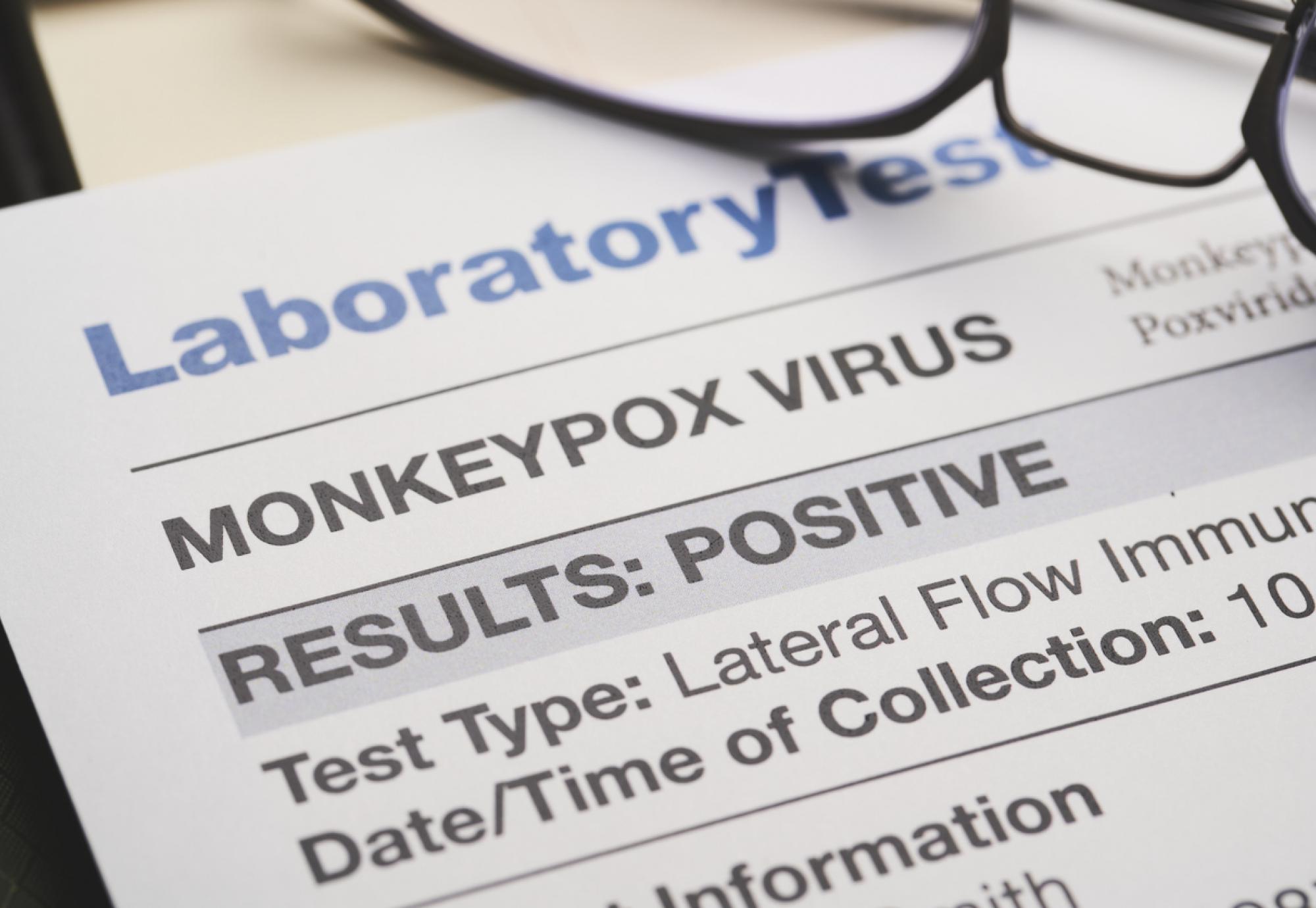A new study aiming to facilitate the permanent elimination of monkeypox (mpox) in the UK has launched, the UK Health Security Agency (UKHSA) has announced.
The LIMIT study is being conducted in partnership with Chelsea and Westminster Hospital NHS Foundation Trust and will involve members of the public being invited to the London trust to fill out a questionnaire and take part in a series of antibody tests.
Over the course of a year, the research team will compare people’s antibody levels after either having the mpox vaccine or being exposed to the virus to explore how the body reacts, how many antibodies are produced and for how long.
Mpox – previously known as monkeypox – cases remain low in the UK despite recent spikes, with this research seen as a way of curtailing and ultimately eradicating mpox transmission across the country.
The researchers’ work will inform future responses to outbreaks of the virus and builds on previous findings from the UKHSA which showed that the mpox vaccine provides 78% protection 14 days post-injection.
Consultant in infection at the UKHSA, Dr Claire Gordon, commented: “Alongside the many health professionals and third sector organisations that sprang into action when the first mpox case was identified almost a year ago, researchers around the world responded rapidly to build our collective knowledge so we could tackle the outbreak.
“We’re now seeing very few new cases of mpox in the UK but their work continues. The knowledge gained from this study will help us reach our ultimate goal of eliminating mpox transmission in the UK as well as strengthening our work to prevent or limit any future outbreaks.
“We already know vaccination is key to reducing the severity of symptoms and preventing further transmission, so I would urge everyone eligible to come forward for both doses so they have maximum long lasting protection.”



















